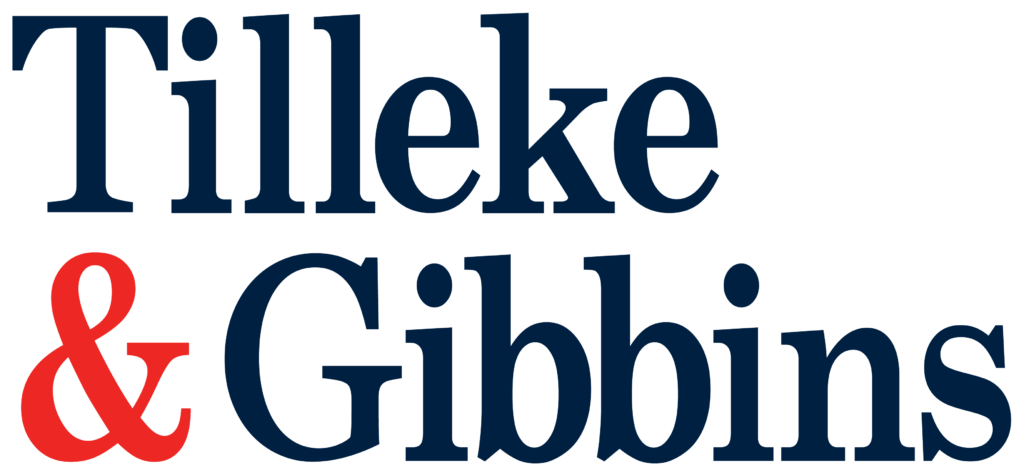On July 13, 2022, the Vietnamese government issued Decree No. 46/2022/ND-CP amending and supplementing some articles of Decree No. 13/2020/ND-CP providing detailed guidance on the Law on Animal Husbandry (“Decree 46”). The new decree took effect on the issuance date. Among the changes introduced by Decree 46 are a number related to animal feed.
Recognition of Testing Methods of Exporting Countries
Decree 46 clarifies the steps to recognize animal feed testing methods of laboratories in exporting countries. Under the amended regulations, the Department of Livestock Production (DLP) will organize an assessment team to appraise each dossier for recognition of animal feed testing methods within 30 days of receipt of a complete dossier.
If the dossier lacks required information or authenticity, the DLP will organize a practical assessment team at the exporting country’s testing laboratory. If the dossier passes the assessment, within five working days from the completion of the assessment, the DLP will issue a decision on recognition of the testing method. The validity of this decision has been lengthened from three years to five years.
State Inspection of Animal Feed Quality
Process of State Inspection
Decree 46 specifies the process to conduct state inspection of the quality of imported animal feed by unifying the regulations stipulated in the related legal documents listed in Decree 13. The process includes the submission of a state inspection dossier, timelines to receive feedback from the inspection authority, and further steps that can be taken upon receiving acceptance or refusal decisions from the authority.
For traditional animal feed and complete compound animal feed, imported shipments are customs-cleared as soon as the importer completes the customs procedures. Within 15 days from the customs clearance date, the importer must submit the conformity assessment results. The importer has complete responsibility for the conformity assessment results, and the compliance of its products with the declared technical regulations and standards. The importer or conformity certification organization must inform the inspection authority if the imported shipments do not pass the conformity assessment.
For other animal feed, importers must complete customs clearance and choose an accredited conformity certification organization to conduct the conformity assessment for the shipment at the same time. The shipment can be customs-cleared only when it passes the conformity assessment. If the shipment fails to pass the conformity assessment, the conformity certification organization must inform the inspection authority of this failure.
A Certificate of Free Sale or equivalent document is no longer required in the registration dossier for state inspection of single-ingredient and traditional animal feed.
Exemption from State Inspection
Decree 46 revises the conditions for exemption from state inspection of imported animal feeds as follows:
- Animal feeds of the same product type (i.e., same name, same recognition code, same ingredients, same form, and same color), produced by the same manufacturers, and imported by the same importers, after three consecutive import shipments with positive conformity assessment results certified in writing by the inspection authority, are eligible for exemption from state inspection for a period of one year. During the exemption period, the importers do not have to conduct conformity assessment and declare the conformity announcement for each imported shipment. Applications for inspection exemption must be sent to the inspection agency together with the results of three consecutive conformity assessments.
- The exemption will be suspended if any imported shipments circulating on the market are detected or reported to not be in conformity with the declared technical specification.
Decree 46 also supplements a list of nine categories of imported animal feed that are eligible for exemption from state inspection:
- Animal feed temporarily imported for re-export or re-imported for recycling at the request of foreign partners;
- Animal feed in transit, at border gates, or transshipped;
- Animal feed from abroad delivered to a bonded warehouse;
- Animal feed for display at fairs and exhibitions, or for advertising;
- Animal feed used as samples for analysis in laboratories;
- Animal feed used as test samples for testing, assessment and certification of conformity with national technical regulations or for interlaboratory testing;
- Animal feed for scientific research;
- Animal feed of inbound persons within the duty-free quota;
- Imported animal feed for urgent requirements as decided by the government or the prime minister based on a proposal from the Ministry of Agriculture and Rural Development.
Post-Customs Clearance State Inspection
Decree 46 adds Article 18a on the procedure for state inspection of quality of imported animal feed after customs clearance, to be done in coordination with inspection at the premises of manufacturers, sellers, and importers. Accordingly, the authorities to conduct the inspection include the DLP and the Departments of Agriculture and Rural Development at provincial and central levels.
The frequency of inspection for each product having the same country of origin and/or the same importer will be no more than once per year.

For further information, please contact:
Hien Thi Thu Vu, Tilleke & Gibbins
thuhien.v@tilleke.com





